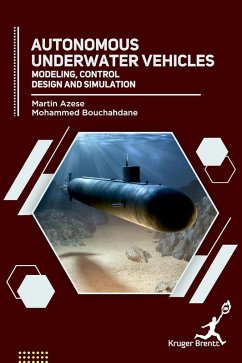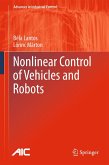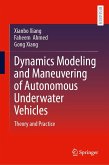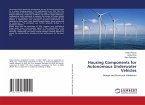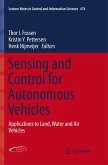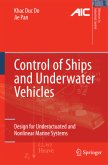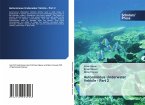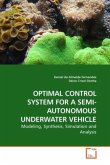Fundamentals of Autonomous Underwater Vehicles (AUVs): Introduce AUV basics, including their purpose, structure, types, and common applications in marine exploration, environmental monitoring, and defense. Dynamic Modeling of AUVs: Discuss the development of mathematical models to represent the motion and dynamics of AUVs in complex underwater environments, accounting for forces such as buoyancy, drag, and hydrodynamics. Control Systems for AUVs: Explore control design techniques, including PID controllers, adaptive control, and nonlinear control, used to regulate AUV motion, depth, and trajectory for precise navigation. Navigation and Guidance: Examine navigation methods such as inertial navigation, acoustic positioning, and GPS integration, as well as guidance algorithms like path planning and obstacle avoidance, crucial for autonomous operations. Simulation of AUV Performance: Discuss the role of simulation tools and software (e.g., MATLAB, Simulink) in testing and evaluating AUV models, control systems, and mission scenarios in a virtual environment before deployment. Environmental Interaction and Adaptation: Address challenges related to the AUV's interaction with dynamic ocean environments, including currents, variable water conditions, and adapting control systems to handle environmental uncertainties.
Bitte wählen Sie Ihr Anliegen aus.
Rechnungen
Retourenschein anfordern
Bestellstatus
Storno

